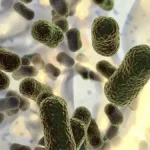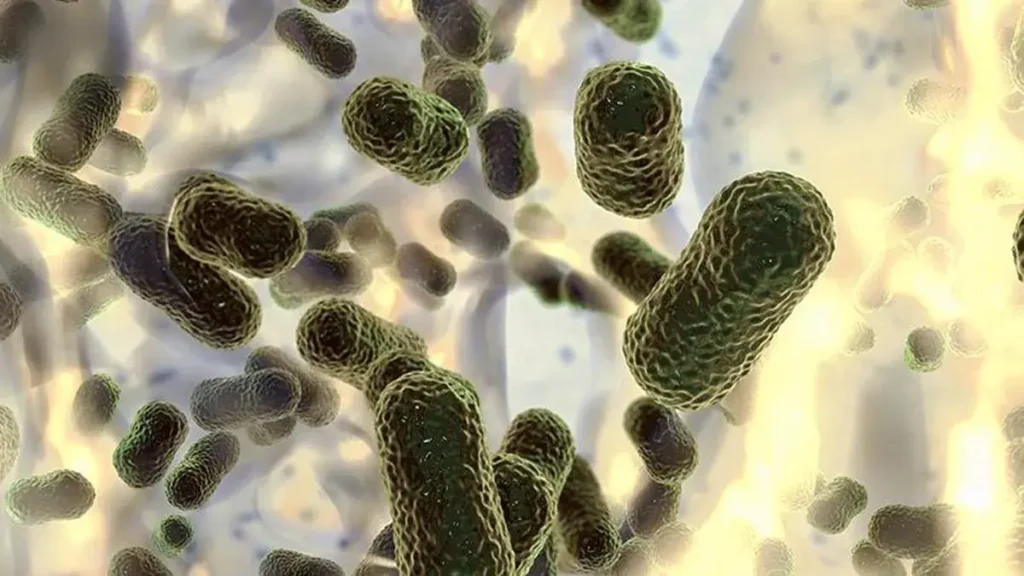ArdorComm Media News Network
November 4, 2025
A recent nationwide analysis by the Indian Council of Medical Research (ICMR) has revealed that 11.1% of patients tested across India were found carrying infectious pathogens — roughly one in every nine individuals tested. The large-scale study, conducted through ICMR’s Virus Research and Diagnostic Laboratories (VRDL) network, aimed to track viral infections of public health concern.
The five most commonly detected pathogens included Influenza A in acute respiratory infections (ARI/SARI), Dengue virus in cases of acute and haemorrhagic fever, Hepatitis A among jaundice patients, Norovirus in acute diarrhoeal disease (ADD) outbreaks, and Herpes Simplex Virus (HSV) in acute encephalitis syndrome (AES) cases.
The ICMR report noted a rise in infection rates from 10.7% in the first quarter (January–March) to 11.5% in the second quarter (April–June) of 2025. Out of 2,28,856 samples tested in the first quarter, 24,502 showed the presence of pathogens, while 26,055 of 2,26,095 samples tested positive in the next quarter — marking an increase of 0.8 percentage points.
A senior ICMR scientist cautioned that although the increase appears modest, it could be an early signal for seasonal outbreaks or emerging infections, underscoring the importance of continued surveillance.
“Even small shifts in infection rates can serve as an early warning for potential epidemics. The VRDL network plays a vital role as India’s early detection system,” the scientist said.
Between April and June 2025, 191 disease clusters were investigated, identifying infections such as mumps, measles, rubella, dengue, chikungunya, rotavirus, norovirus, varicella zoster virus, Epstein-Barr virus (EBV), and astrovirus. In comparison, 389 clusters were probed between January and March 2025, detecting a similar range of pathogens including hepatitis, influenza, Leptospira, and sexually transmitted infections (STIs).
From 2014 to 2024, the VRDL network tested over 40 lakh samples, identifying pathogens in 18.8% of them. The network has seen rapid expansion — from 27 laboratories in 2014 to 165 labs across 31 states and Union Territories by 2025 — and has so far tracked 2,534 disease clusters nationwide.
Source: PTI
Photo Credit: Getty Images/iStockphoto


